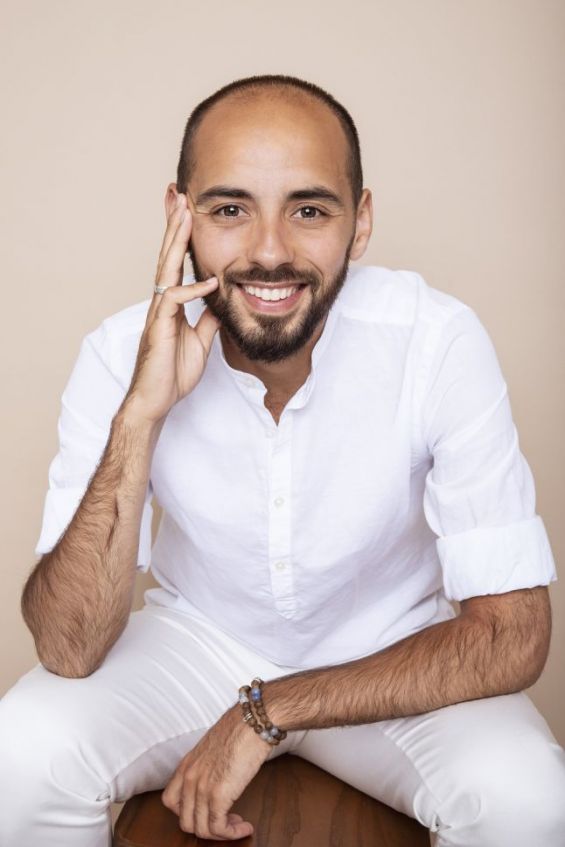In the 1970s, his father immigrated to the Netherlands for a job opportunity. Later, he brought his wife and children to have them by his side. Karim Amghar was then born in Rotterdam, the city where his father settled down when he first came to the country. The family later moved to a small town called Bleiswijk. There, Karim attended school and went through a life-changing experience.
«I grew up in this small town that had a lot of farmers and I went to school there with many Dutch people», Karim recalled. At school, he quickly learned Dutch and felt integrated. However, things started taking a different turn when Karim turned 12.
«I had to choose what I wanted to do next and for that sake, everyone is supposed to take a test and have their level evaluated by an instructor before joining secondary school», he explained.
Treated differently
Karim took the test and had good grades but the instructor had a different idea in mind. «One of my brothers went with me to meet the instructor, because my parents weren't that good at Dutch, and he told us that even though I had done good at the test I would have to settle at level two», he recalled.
Although his performance could have easily granted him the highest level, Karim was prevented from that because his parents could not speak the language and would not have been able to help him with school at home. «That changed me a lot», said Karim who felt wrecked after this experience.

«I was constantly asking why they did this to me», he recalled, explaining how hurt and disappointed he was feeling. «The only thing that came to my head is that I was different», he added.
This encounter changed Karim’s life, behavior and even objectives. He became a difficult kid, who was searching for an identity.
«I believed that because I was different they were treating me differently and I had to act different. I went searching for who I am. And all I found was the stereotype of a Dutch-Moroccan that they were showing on TV : a bad 'criminal kid' with a bad record».
Karim was angry and acted like the stereotype he felt pushed towards. «I went from wearing normal and nice clothes to wearing street ones, with sneakers and a cap. I started talking slang and swearing; I did everything that stereotype was representing», he recalled.
Fighting the stereotype
Karim’s family noticed the change, and his brother had decided to act on it. One day after school, Karim came home angry because he had a problem and told his brother that he would quit school and work.
«My brother put his hand on my shoulder and said don’t do this you are a smart kid», he recalled. His brother urged him to finish school and go to the university, an option that sounded challenging to Karim. «He said go to university and just try, at least you would have tried», he recalled his brother saying.
And Karim tried, he tried and he actually succeeded. He went to university in Rotterdam and became a teacher, a TV host and a writer. «I am teaching and I wrote a book about radicalization and extremism».
Karim’s book «From Radical to Amical», explains how a person can move from having radical ideas and wanting to hurt others to trying to do well in society. Karim is also working on the same topic with teachers and police and advising them on the issue.
 Karim Amghar. / Ph. Suzan Alberts
Karim Amghar. / Ph. Suzan Alberts
In addition to his book, Karim Amghar did a TV series in which he spoke about his childhood and his experience with school. He also did research on the problem that he went through during his teenage years, meeting young people who are going through the same situation.
During Ramadan, Karim hosted another TV program, showing people who do good things to help people no matter who they are. Karim's fight against stereotype helped him heal from the experience that changed his life to the better.





 chargement...
chargement...













